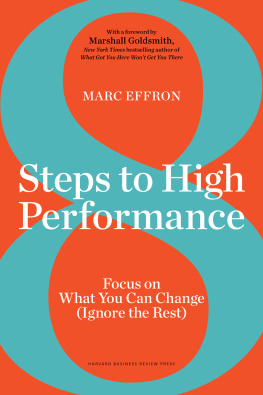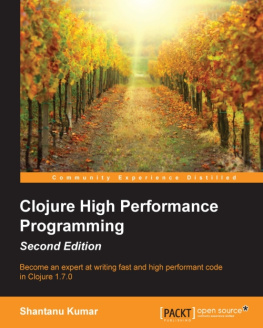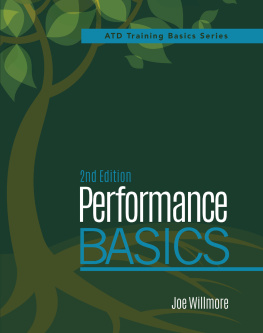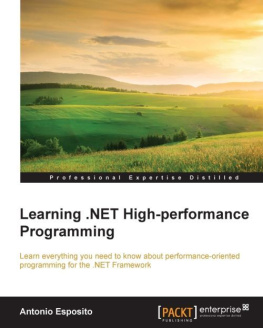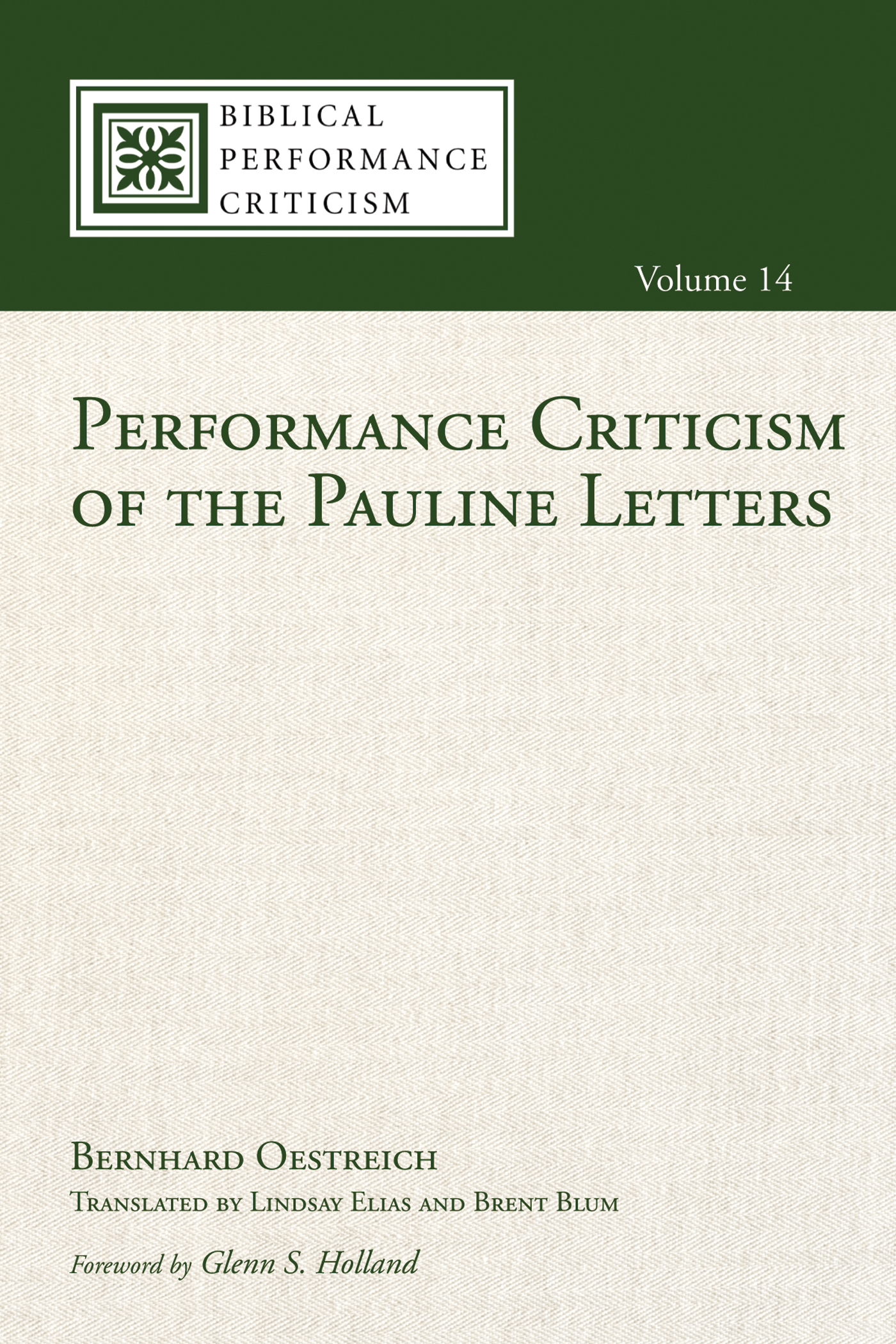Performance Criticism of the Pauline Letters
Bernhard Oestreich
foreword by
Glenn S. Holland
translated by
Lindsay Elias
and
Brent Blum
Performance Criticism of the Pauline Letters
Biblical Performance Criticism Series
Copyright 2016 Bernhard Oestreich. All rights reserved. Except for brief quotations in critical publications or reviews, no part of this book may be reproduced in any manner without prior written permission from the publisher. Write: Permissions, Wipf and Stock Publishers, W. th Ave., Suite , Eugene, OR 97401 .
Originally published in German as Performanzkritik der Paulusbriefe . Wissenschaftliche Untersuchungen zum Neuen Testament . Tbingen: Mohr Siebeck, 2012 .
The translation was supported by the Theologische Hochschule Friedensau.
Cascade Books
An Imprint of Wipf and Stock Publishers
W. th Ave., Suite
Eugene, OR 97401
www.wipfandstock.com
paperback isbn: 978-1-4982-9831-5
hardcover isbn: 978-1-4982-4885-3
ebook isbn: 978-1-4982-9832-2
Cataloguing-in-Publication data:
Names: Oestreich, Bernhard, 1949 . | Elias, Lindsay. | Blum, Brent. | Holland, Glenn Stanfield, 1952.
Title: Performance criticism of the Pauline letters / Bernhard Oestreich ; translated by Lindsay Elias and Brent Blum ; foreword by Glenn S. Holland.
Description: Eugene, OR: Cascade Books, 2016. | Series: Biblical Performance Criticism Series 14. | Includes bibliographical references and index.
Identifiers: isbn 978-1-4982-9831-5 ( paperback ) | isbn 978-1-4982-4885-3 ( hardcover ) | isbn 978-1-4982-9832-2 ( ebook ).
Subjects: LCSH: Oral reading. | Performance in literature. | Letters. | Bible. N.T.Performance criticism. | Bible. N.T.Criticism, interpretation, etc. | Bible. Epistles of Paul.
Classification: BS2650.52 O37 2016 ( print ) | BS2650.52 ( ebook ).
Manufactured in the U.S.A. 10/20/16
Biblical references are taken from the New American Standard Bible. Copyright 1960 , 1962 , 1963 , 1968 , 1971 , 1972 , 1973 , 1975 , 1977 , 1995 by The Lockman Foundation (www.Lockman.org). Used by permission.
Biblical Performance Criticism Series
Orality, Memory, Translation, Rhetoric, Discourse, Drama
David Rhoads, Holly E. Hearon, and Kelly R. Iverson, Series Editors
The ancient societies of the Bible were overwhelmingly oral. People originally experienced the traditions now in the Bible as oral performances. Focusing on the ancient performance of biblical traditions enables us to shift academic work on the Bible from the mentality of a modern print culture to that of an oral/scribal culture. Conceived broadly, biblical performance criticism embraces many methods as means to reframe the biblical materials in the context of traditional oral cultures, construct scenarios of ancient performances, learn from contemporary performances of these materials, and reinterpret biblical writings accordingly. The result is a foundational paradigm shift that reconfigures traditional disciplines and employs fresh biblical methodologies such as theater studies, speech-act theory, and performance studies. The emerging research of many scholars in this field of study, the development of working groups in scholarly societies, and the appearance of conferences on orality and literacy make it timely to inaugurate this series. For further information on biblical performance criticism, go to www.biblicalperformancecriticism.org.
Books in the Series
Holly Hearon and Philip Ruge-Jones, editors
The Bible in Ancient and Modern Media
James Maxey
From Orality to Orality
Antoinette Clark Wire
The Case for Mark Composed in Performance
Robert D. Miller II, SFO
Oral Tradition in Ancient Israel
Pieter J. J. Botha
Orality and Literacy in Early Christianity
James A. Maxey and Ernst R. Wendland, editors
Translating Scripture for Sound and Performance
J. A. (Bobby) Loubser
Oral and Manuscript Culture in the Bible
Joanna Dewey
The Oral Ethos of the Early Church
Richard A. Horsley
Text and Tradition in Performance and Writing
Kelly R. Iverson, editor
From Text to Performance
Annette Weissenrieder & Robert B. Coote, editors
The Interface of Orality and Writing
Thomas E. Boomershine
The Messiah of Peace
Preface to the German Edition
The present study has arisen from a question that has occupied me for a long time: How did the word that we read in the Bible today achieve its effect with the original recipients? It is not a new discovery that something more took place than an intellectual reception of the information contained in the texts when the texts were received by the addressees. Form criticism has already assumed that the sayings and anecdotes that we read in the New Testament Gospels had their Sitz im Leben in oral communication that was at home in particular sociological situations. That means that the passing on of the traditional stories about Jesusoften dramatic episodes of his life or trenchant remarks that he made in sometimes volatile situationswere common experiences that moved the listeners on an emotional plane and evoked the reactions which the speakers desired. How do we have to imagine this event? The New Testament letters were also designed for oral communication. These letters were sent to Christian believers and read out aloud to the assembled congregation ( Thess :). That must have been a very special experience for the listeners and must have left a lasting impression on them ( Cor :). Is it possible to know more exactly how the impact of the letter was achieved?
A substantial impetus to pursue this question came from my interest in homiletics. I still consider the art of preaching to be fascinating. I enjoy working with students, pastors, and lay preachers in homiletics classes. I enjoy experimenting with my own preaching. Listening to a sermon is a communal experience. That is still valid for modern European culture, even if the listeners reaction to the sermon is much more reserved in comparison with ancient times. If the sermon is successful, the traditional word becomes an event for the listener. This automatically has led me to the question of how the original listeners of the biblical message experienced the reading event.
A strong impulse to research this question more deeply came from publications that seriously consider the fact that the New Testament came into being in a culture largely dominated by oral communication. I would like to specially mention the collection of essays edited by Gerhard Sellin and Franois Vouga, Logos und Buchstabe: Mndlichkeit und Schriftlichkeit im Judentum und Christentum der Antike [ Logos and Letter: Orality and Scribality in Antique Judaism and Christianity ] (Tbingen: Francke, 1997 ), and the articles edited by Joanna Dewey in Semeia ( 1995 ) with the title Orality and Textuality in Early Christian Literature. I am thankful to these authors and many others, having followed them inquisitively, as if on a trail left by their footprints, into a world where the texts that are recorded in the Bible are not just written texts but rather mutually experienced events. The objective of this study is to explore this world a little further.
Many have contributed with suggestions and constructive criticism to the development of this book. As can be seen on every page, I have profited from the thoughts and hypotheses of many authors and built my study on their groundwork. Enriching discussions with colleagues and students of the theological department of Friedensau University broadened my horizons. My gratitude extends to Prof. Glenn S. Holland and the participants of the section Performance Criticism of Biblical and Other Ancient Texts of the Society of Biblical Literature. For years I have been benefiting from its various suggestions and constructive criticism. I would also like to thank the faculty and students of the New Testament department of the Martin-Luther-University of Halle-Wittenberg under the leadership of Prof. Udo Schnelle. They have repeatedly offered me the opportunity of discussing my research. My thanks also go to Friedensau University. They offered me the possibility of a sabbatical term in order to concentrate on working on this project. I would like to thank Prof. Jrg Frey for accepting this book into the first series of Wissenschaftliche Untersuchungen zum Neuen Testament. I would like to thank the Mohr/Siebeck publishing house for the very good cooperation in preparing the book for printing. My gratitude extends to my son Raimar Oestreich and all those who helped proofread and format the manuscript. I owe special thanks to my wife, Hannelore, my faithful companion of many years, who, as so often, supported me in this project and repeatedly released me from other duties.


